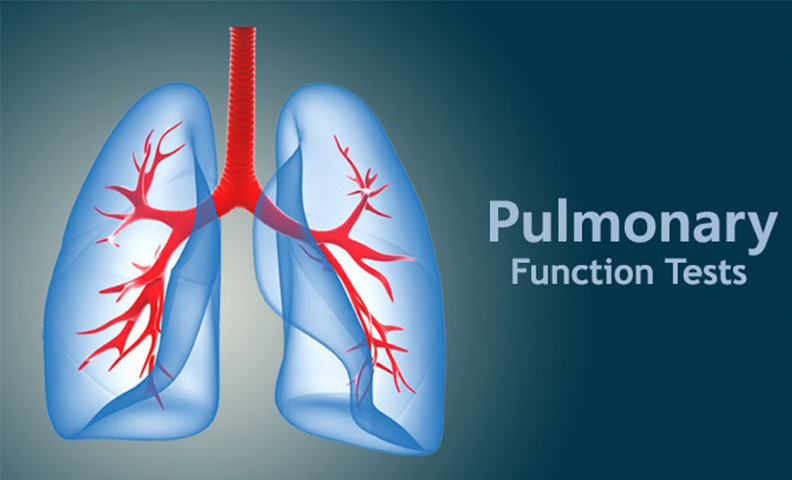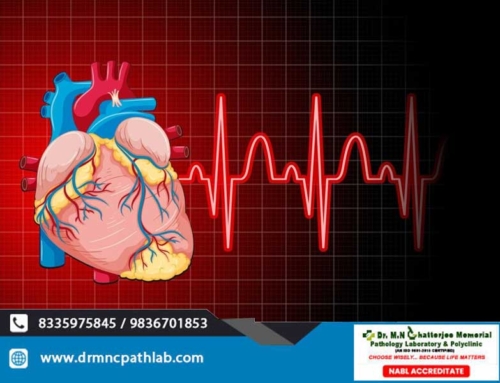Pulmonary function tests (PFTs) are a series of tests that monitor the proper functioning of your lungs. This includes measurements like how well you’re able to breathe and how effectively lungs are supplying oxygen to the rest of your body.
PFTs can be prescribed for patients:
who show symptoms of lung problems
who are constantly exposed to specific substances in the surroundings or at workplace
who need proper monitoring for chronic lung diseases such as Asthma or Chronic Obstructive Pulmonary Disease.
Pulmonary Function Tests are basically lung function tests.
Why are these tests required?
Your doctor can prescribe these tests to determine the proper functioning of your lungs. If you are already suffering from conditions that are affecting your lungs, these tests can tell more about the progress of the disease or the response of the disease towards a particular treatment method.
PFTs can prove helpful to diagnose:
Asthma
Allergies
Chronic Bronchitis
- Respiratory Infections
Lung Fibrosis
Bronchiectasis, a general condition in which the air channels in the lungs stretch and widen
COPD, which is also known as Emphysema
Asbestosis, a condition which is mostly faced by people who are exposed to high levels of asbestos
Sarcoidosis- It is an inflammatory problem in your lungs, liver, lymph nodes, eyes, skin, or other tissues
Scleroderma, a disease that hampers your connective tissues
Pulmonary tumor
Lung Cancer
Weakening of the chest muscles
How to prepare yourself for Pulmonary Function Tests?
If you are already facing medical issues related to lungs and are on medication that is aimed at opening your airways, such as in the case of asthma or chronic bronchitis, your doctor may advice you to stop taking any such drugs before you proceed for the test. You should consult a doctor in case you are not sure whether to leave your medications or continue them. Any medicine used to reduce pain can also affect the test results in PFTs. You should clearly mention the doctor about any such use of medication.
It is recommended not to have any meals before the test is to be performed. A fully-filled stomach can prevent your lungs from inhaling fully. Again, you should avoid taking food items that contains caffeine like chocolates, coffee or tea, before you go for the test. Caffeine can force your airways to open-up more which has the potential to affect your test results. Some of the Best polyclinic in Uttarpara advises patients to stop smoking and doing any strenuous exercises at least an hour before the test.
While going for the tests make sure to wear loose-fitting clothes because tighter clothes may affect your breathing. Heavy jewelleries can also affect your breathe, so don’t wear them while going for the test. If you use dentures, keep them on even during the test to make sure that your mouth can fit perfectly around the mouthpiece used for the test.
If you went through an eye, chest or abdominal surgery or a heart attack in recent times, it is likely that diagnostic centres in Uttarpara will advise you to delay the test until your full recovery.
What happens during the tests?
Spirometry
Spirometry is the measurement of air that flows in and out of your lungs. Your PFTs may include spirometry. In this test, you will have to sit in front of a machine fitted with a mouthpiece. It is important that the mouthpiece fits exactly in your mouth so that all the air you inhale or exhale goes into the machine. You’ll also have to wear a nose-clip so that you do not take in or throw out the air from your nose. You’ll get proper guidance from technologists explaining how to breathe during the test.
After all this, you can breathe normally. Doctors will ask you to breathe in and out as deeply and as quickly as possible for at least a couple of seconds. They may even ask you to take some medication that will open your airways for clear flow of air. You’ll be once again required to sit in front of the machine to see if the medication has affected your lung function.
Plethysmorgraphy test
A plethysmography test is used to measure the volume of gas contained in your lungs, known as lung volume. As far as this test is concerned, you’ll be sitting or standing in a small booth and breathe in and out of a mouthpiece. This test will provide the data about your lung volume by measuring the pressure in the booth.
Diffusion capacity test
This test helps in evaluating the performance of small air sacks inside your lungs, called alveoli. In this part of the test, you will be required to inhale certain gases like oxygen, helium, or carbon dioxide.
You may also be asked to breathe a “tracer gas” for a single breath. The machines can then detect when you exhale this gas. This test tells doctors as to how effectively your lungs are able to exchange oxygen and carbon dioxide to and from your bloodstream.
What are the risks associated with Pulmonary Function Tests?
You cannot go for PFTs if:
- You recently had a heart attack
You’ve recently had eye surgery
You’ve recently had chest surgery
you’ve recently had abdominal surgery
You have a severe respiratory infection
You have unstable heart disease






